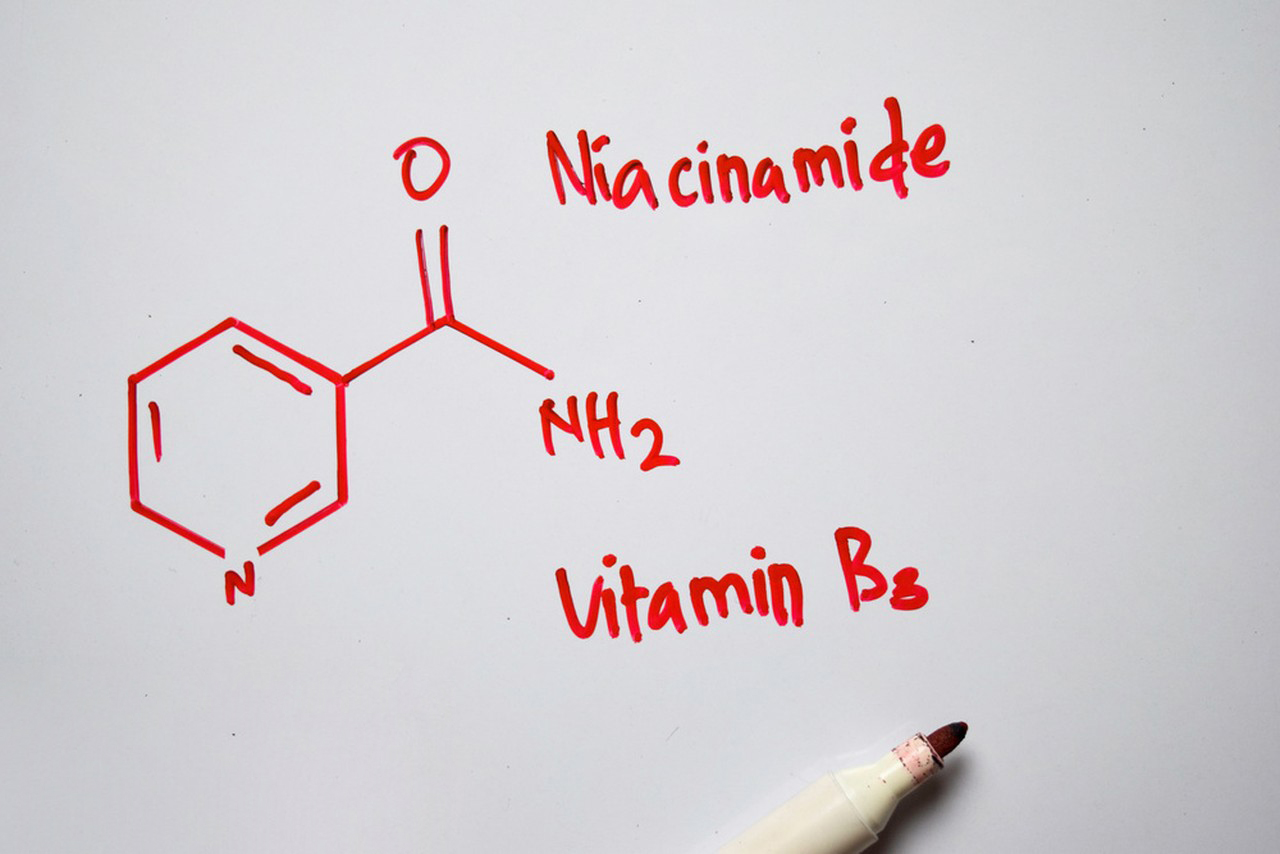Nicotinamide capsules are a dietary supplement containing nicotinamide, which is a form of vitamin B3, also known as niacinamide. It is a precursor to nicotinamide adenine dinucleotide (NAD+) and nicotinamide adenine dinucleotide phosphate (NADP+), which are coenzymes involved in various cellular processes, including energy metabolism, DNA repair, and cell signaling. Nicotinamide is also a component of two key enzymes: nicotinamide adenine dinucleotide (NAD) and nicotinamide adenine dinucleotide phosphate (NADP).
Here are some of the functions and potential benefits of nicotinamide capsules:
Skin Health: Nicotinamide has been studied extensively for its beneficial effects on skin health. It can help improve the appearance of aged, photodamaged skin by reducing wrinkles, fine lines, and hyperpigmented spots. Nicotinamide also possesses anti-inflammatory properties, making it useful in managing certain skin conditions such as acne and rosacea.
Cellular Energy Production: As a precursor to NAD+, nicotinamide plays a crucial role in cellular energy metabolism. NAD+ is involved in various metabolic pathways, including glycolysis, the tricarboxylic acid (TCA) cycle, and oxidative phosphorylation. By supporting these processes, nicotinamide helps the body produce energy more efficiently.
DNA Repair: Nicotinamide is involved in DNA repair mechanisms, particularly in response to UV radiation-induced damage. By promoting DNA repair, nicotinamide may help protect against mutations and reduce the risk of skin cancer caused by UV exposure.
Neuroprotection: Some research suggests that nicotinamide may have neuroprotective effects and could potentially help prevent or slow the progression of neurodegenerative diseases such as Alzheimer’s and Parkinson’s disease. These effects may be mediated through its roles in energy metabolism and oxidative stress reduction.

Cardiovascular Health: Nicotinamide has been investigated for its potential cardiovascular benefits, including its ability to improve endothelial function, reduce inflammation, and lower levels of harmful lipids in the blood. These effects may contribute to a reduced risk of cardiovascular diseases such as atherosclerosis and heart disease.
Immune Function: Nicotinamide has immunomodulatory effects and may help regulate immune responses. It has been studied for its potential therapeutic applications in autoimmune diseases and inflammatory conditions.
Nicotinamide capsules are typically taken orally and are available over-the-counter as a dietary supplement. The recommended dosage may vary depending on the specific health condition being targeted and individual factors such as age, sex, and medical history. It’s essential to follow the recommended dosage instructions provided by healthcare professionals or the product label.
While nicotinamide is generally considered safe when taken at recommended doses, high doses may cause side effects such as flushing, itching, and gastrointestinal upset. Individuals with certain medical conditions or those taking medications should consult with a healthcare provider before taking nicotinamide supplements to avoid potential interactions or adverse effects.
Adverse effects of Nicotinamide Capsules
Nicotinamide, also known as niacinamide or vitamin B3, is generally well-tolerated by most people when taken in recommended doses. However, like any supplement or medication, there can be potential adverse effects associated with its use. Here are some of the potential adverse effects of nicotinamide capsules:
Flush: Although nicotinamide typically causes less flushing than niacin, some individuals may still experience flushing, which is characterized by redness, warmth, itching, or tingling in the skin, particularly in the face, neck, and chest. This effect is usually mild and temporary.
Gastrointestinal Issues: Some people may experience gastrointestinal symptoms such as nausea, vomiting, diarrhea, or stomach upset when taking nicotinamide supplements. These symptoms are generally mild and may improve with time or by taking the supplement with food.
Liver Toxicity: In rare cases, high doses of nicotinamide may lead to liver toxicity, characterized by elevated liver enzymes or liver damage. It’s essential to follow recommended dosages to minimize this risk.
Allergic Reactions: Although rare, some individuals may be allergic to nicotinamide and may experience symptoms such as rash, itching, swelling, dizziness, or difficulty breathing. If you experience any allergic reactions, seek medical attention immediately.

Worsening of Pre-existing Conditions: Nicotinamide may exacerbate certain medical conditions. For example, individuals with liver disease should use nicotinamide with caution due to its potential hepatotoxic effects. Similarly, people with certain skin conditions may experience worsening symptoms with nicotinamide use.
Interactions with Medications: Nicotinamide may interact with certain medications, including blood thinners, cholesterol-lowering drugs, and diabetes medications. It’s essential to consult with a healthcare professional before taking nicotinamide supplements if you’re on any medications.
Other Rare Side Effects: In very rare cases, nicotinamide supplementation has been associated with side effects such as dizziness, headache, fatigue, and blurred vision. If you experience any unusual or severe symptoms while taking nicotinamide, discontinue use and consult your healthcare provider.
It’s crucial to remember that the likelihood and severity of side effects may vary depending on factors such as dosage, individual tolerance, and pre-existing health conditions. Before starting nicotinamide supplementation or any new medication or supplement regimen, it’s advisable to consult with a healthcare professional, especially if you have underlying health concerns or are taking other medications.
